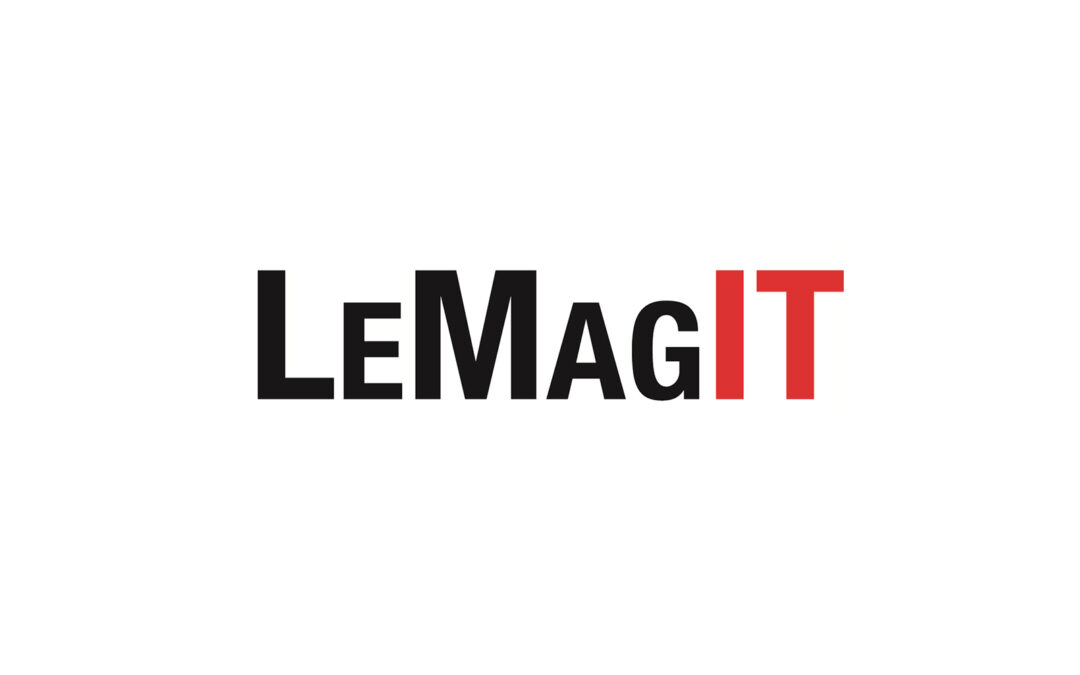The famous motorbike brand has chosen to outsource the management of its customer data to a specialist service provider. Black Tiger provides Honda with a specialised platform for processing personal data.
Everyone knows about Honda motorbikes. But it is less well known that the Japanese brand is the world's leading engine manufacturer, with a production that ranges from motorbikes and cars to lawnmowers, boat and jet engines. A Japanese company if ever there was one, Honda cultivates a strong corporate culture based on figures and "data", as Fabrice Recoque, Director of Honda France's motorbike division, reminded us at the Big Data Paris 2020 conference.
"A Japanese person does not take emotion into consideration when making decisions, he relies on figures. And they need consistency in these figures to validate a strategy," he says.
However, what is valid for the manufacturer's industrial strategy is just as valid for its digital marketing, or for ensuring the quality of its customer data. In France, to meet these challenges, Fabrice Recoque explains that he has chosen to turn to a specialised service provider, Black Tiger.
This Paris-based service company, which employs around sixty people, publishes the "2i" solution, an ERP dedicated to the management of all personal data. Called "Personal Data Platform", the solution integrates a data quality model, functions related to GDPR compliance and a business rules engine.
A giant file with great potential
Honda's director justifies this choice of outsourcing: "Honda's business is not to process data, it is to manufacture products. We had databases with our customers' details, registrations, invoices: a lot of raw data that is of no use to us in this format," he says. "This is a giant file in which we collect this information. But the important thing for us is to be able to extract this data quickly and to be able to draw lessons from it.
Honda's industrial culture also implies a PDCA (Plan-Do-Act) approach: you have to be able to capture information immediately, analyse it and learn from it as quickly as possible. "The analysis of this data is key for us. It's a way of saving time and improving agility: we need to be able to extract information at any time to be able to analyse it quickly. Honda France then turned to Black Tiger, because the service provider's approach corresponded well to this need to use data directly in decision-making.
Thibault Leigné, Chief of Staff at Black Tiger, confirms the content of this collaboration. "The Honda case is interesting because it is quite classic. Honda has very siloed data. It asked itself what it was using it for, and what value to get from this data. A data strategy only makes sense if you create value, and Honda focused on uses and on what would be the levers for increasing its performance.
A 360° view of the customer for Honda's marketing
Like many large companies, Honda has initiated a strategy to have a 360° view of the customer. But the breadth of the manufacturer's product range means that the customer profiles are very different. (But not always.)
On paper, the buyer of a hedge trimmer is nothing like the buyer of a €37,000 Goldwing six-cylinder flatbed. But that is sometimes the case.
By analysing the entire customer portfolio, Honda hopes to cross-reference information to optimise its communication with customers and prospects, in a context where an Internet user can consider a message as spam at any time and "blacklist" the brand. In addition, better data allows the brand to optimise its targeting and improve the efficiency of its marketing investments in a difficult context, where manufacturers have to control their expenses.
During his presentation, Fabrice Recoque revealed that the brand collects customer data from around fifty different sources (from the order entry at the dealership, to the vehicle registration document, via the financial organisation that granted the loan). In all, there are around fifty flows that converge on this database and which must be processed by Black Tiger.
In search of the 'Back to Ride
For the director of the motorbike division, the number one objective of this customer base is to identify the "Back to Ride", those former motorcyclists who took their motorbike licence when they were young but who have not ridden a motorbike for some time. "We estimate that there are between 1 and 1.5 million of these profiles in France. We are conducting an active search for them. If we keep the estimate low, one million motorcyclists represents five years of production! For us, the motorbike manufacturers, there is an important quest here, under cover of the regulations. It is an extremely important area of growth. But without data, we can't achieve it.
In addition to this multiplicity of heterogeneous data sources, a specificity of the Honda project concerned the quality of the data to be integrated. "The subject is to know whether it is a new customer, a new rider or people who are returning to motorcycling (the "Back to Ride"). And if they are new customers from which brand are they coming from?" explains Thibault Leigné from Black Tiger.
"Historically, Fabrice [Recoque]'s teams relied on declarative data and vehicle registration data. However, this data is only provided in 20% of cases. This is the case, for example, with registration cards that mention the credit institution and not that of the actual user of the motorbike. "The decisions taken were based on only 20% of the real data, so the whole point of a platform such as ours is to aggregate the data in order to base decisions on a much more representative volume of data.
A platform to go even further than the GDPR
Another dimension of the Honda project was to ensure the compliance of personal data with the GDPR... or rather with the rules in force at Honda which go beyond the European regulation.
"As a Japanese company, the internal standards are drastic. We have created an internal GDPR called RPP which is even more protective for the consumer," explains Fabrice Recoque. "We don't want to take any risks with personal data. We don't want any conflict with the customer.
For example, the renewal of consent has been set every 6 months, especially when the data comes from the licensee. "This is an international governance rule for the group on a European scale. We have to apply it and so does our service provider Black Tiger.
The rules defined by Honda's data protection policy are a fairly strict reading of the regulations. The role of the publisher is therefore also to identify the room for manoeuvre, to allow marketing to do its job without being at odds with the regulations.
For the director of Honda France, getting to know the customer better should make it possible to send him non-intrusive communications and optimise communication with him, when and only if he wants it. An approach to marketing marked by harmony and courtesy. In short: a Japanese approach.









